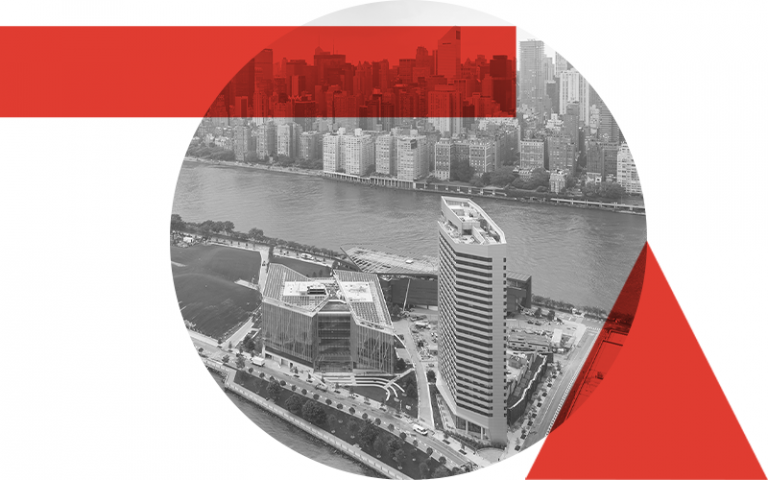World's largest Passive House certified project - The House at Cornell Tech
04 February 2022, 1:00 pm–2:00 pm

Integrating Passive House into a high-performance high-rise in New York City - find out how Buro Happold achieved the world's tallest and largest Passive House certified project in our next Integrated Building Design webinar with a presentation from Buro Happold Partner Julie Janiski.
Event Information
Open to
- All
Availability
- Yes
Organiser
-
UCL Institute for Environmental Design and Engineering
About the event
In 2017 the world’s tallest and largest Passive House certified project was completed – The House at Cornell Tech in New York City. This 26-story building is home to Cornell grad students and faculty, a representation of the owners’ commitment to sustainability and climate action, and a milestone for the City of New York where the Passive House standard has since become an important reference for building energy codes and emission reduction targets. An integrated design approach was critical to implementing PH at this scale and achieving goals related to energy efficiency, greenhouse gas reductions, indoor air quality and occupant comfort. We are excited to see the growth in Passive House globally to other large-scale projects and share our experiences and successes, and we are exceedingly proud of and humbled by the opportunity we had with this project team for The House at Cornell Tech.
About the speaker
Julie Janiski is partner in Buro Happold’s Boston office where she leads integrated teams of engineers, designers, analysts, and subject-matter experts to deliver the highest performance projects. She aligns design, consulting and analysis to provide solutions that encompass all aspects of regenerative design in the built environment, from carbon reduction and water conservation to social equity and human health and wellbeing. Her career has included work in construction, building operations, architecture, and engineering--an experience that lays the foundation for a fully integrated approach.
Julie has delivered projects across every scale (from design of individual buildings to city planning and drafting policy), and in all major sectors. Her recent work includes consulting for the Massachusetts Commercial Energy Code, a number of U.S. Embassy projects internationally for the U.S. State Department, USDA grant-funded research on forestry and heavy timber design, a Net Zero workforce training center in Pittsburgh, and The House at Cornell Tech – a residential high-rise in New York City which is certified LEED Platinum and Passive House.
Julie holds a Master of Architecture from the University of Michigan and a Master of Design Science in Sustainable Design from the University of Sydney, and continues to engage with students at many institutions as adjunct faculty, a visiting lecturer or critic. Her commitments in the local Boston community include being a board member for Built Environment Plus, the co-chair of the Boston Carbon Leadership Forum, and a key contributing author for a proposed Net Zero stretch code.
 Close
Close

